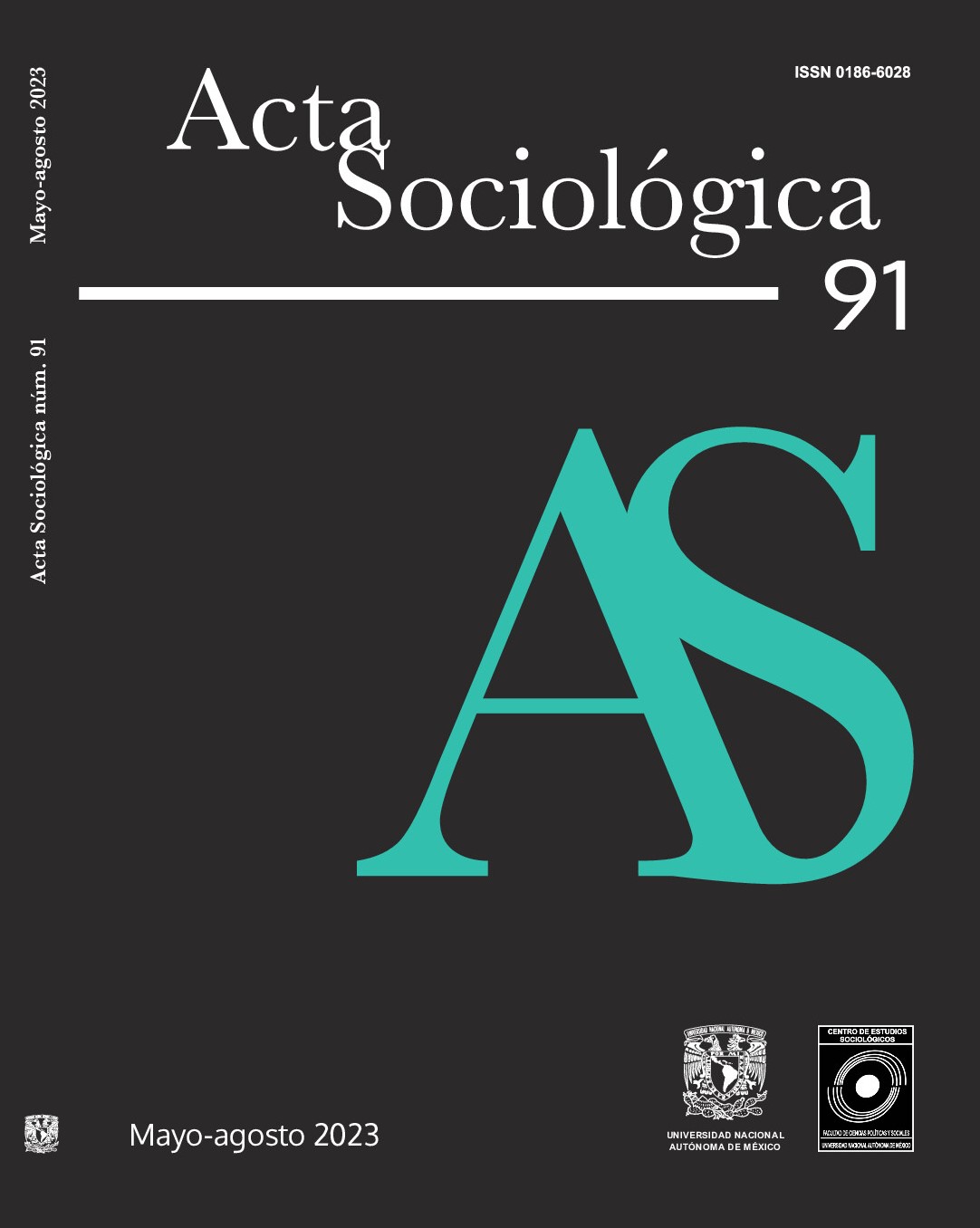Las teorías del poder foucaultianas y postfoucaultianas en hibridación con la psicología analítica de Carl G. Jung
Contenido principal del artículo
Resumen
En el marco de los estudios de la relación poder-inconsciente/inconsciente-poder, el presente artículo se propone, a partir de la demostración de su relevancia, una hibridación de las teorías del poder foucaultianas y postfoucaultianas con la psicología analítica junguiana. Se ponen en consideración tres dilemas fundamentales no resueltos de dichas teorías del poder, los cuales se podrían resolver con la integración de los aportes de Jung, recurriendo a la epistemología de la ontogénesis de Simondon como puente. Exponemos como Jung y Simondon comparten una amplia afinidad epistemológica, además de las mismas críticas: al atomismo aristotélico, a la teoría de la adaptabilidad exteriorista, al energetismo substancialista, al fisiologisismo, al psicoanálisis y ciertas semióticas. Clarificamos nuestro punto de partida ontológico: el coincidir de los opuestos o relacionismo ontológico. Se expone la centralidad del inconsciente en las disputas de poder hacia nuestros tiempos y el impacto que implica el no reconocimiento -aun- de la completitud de su condición. Cerramos con un intento de primer mapa analítico de la dinámica general de lo psíquico entre las cargas de potencialidad arquetípica del inconsciente y las modalidades del poder contemporáneas. Transversalmente, ocupa un lugar importante la cuestión de las resistencias a la luz de un nuevo marco epistemológico. Por último, incluimos un apartado adicional donde exponemos un diálogo posible entre la psicología analítica junguiana y las neurociencias.
